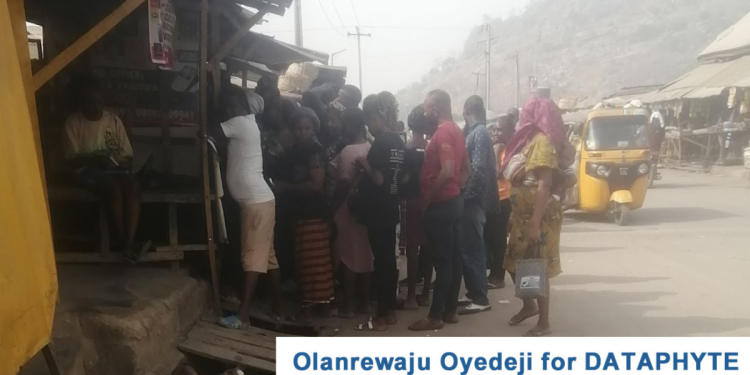
Cash-strapped Nigerians besiege POS locations despite over 20% charges
Cash-strapped Nigerians are thronging point-of-sale shops despite over 20 percent charged on every withdrawal

Cash-strapped Nigerians are thronging point-of-sale shops despite over 20 percent charged on every withdrawal
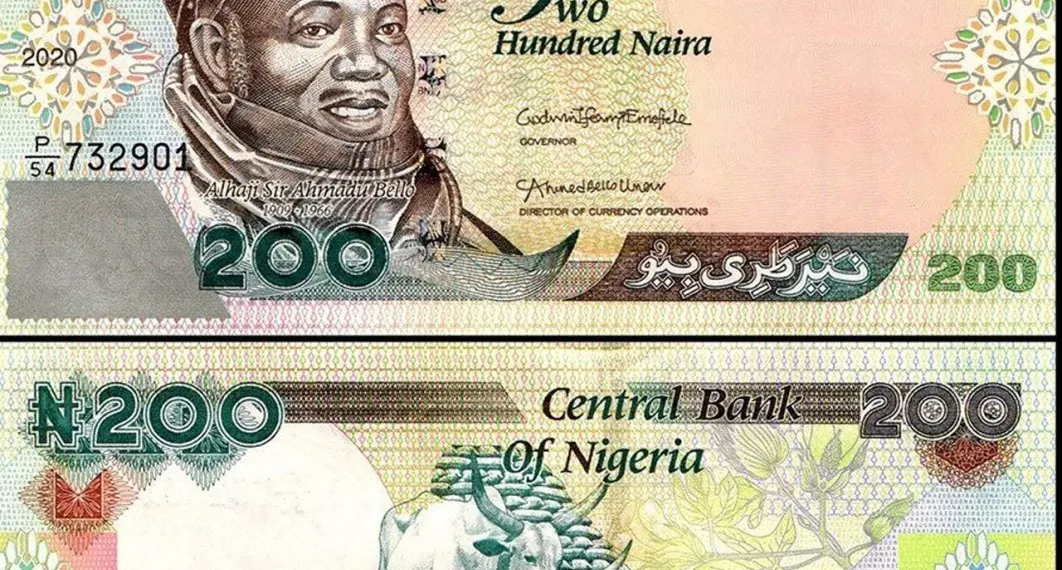
In the seven years reviewed, the lowest number of N200 notes was recorded in 2015 when 401.63 million pieces were put into circulation. This year, N1000 and N500 have had the highest volumes in circulation, with 1.011 billion and 1.322 billion pieces, respectively.
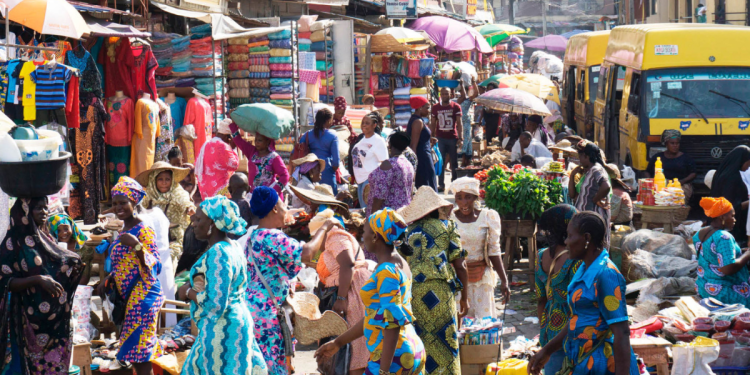
In April 2022, Nigeria’s President, Muhammadu Buhari, said that his government had done much to create an enabling environment for micro-, small- and medium-scale enterprises (MSMEs) to thrive.
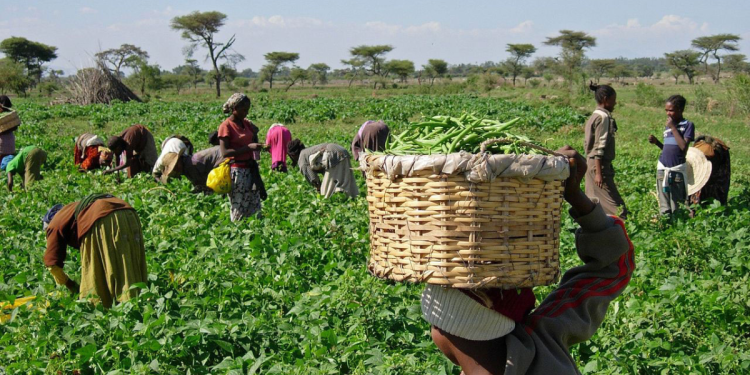
Dataphyte’s budget review revealed that Nigeria budgeted N341.570 billion for capital expenditure in the agriculture and rural development sector for 2023, the highest in five years.

THE Nigerian government has vowed to ramp up electricity supply, but it has been unable to utilise available power sector funds.
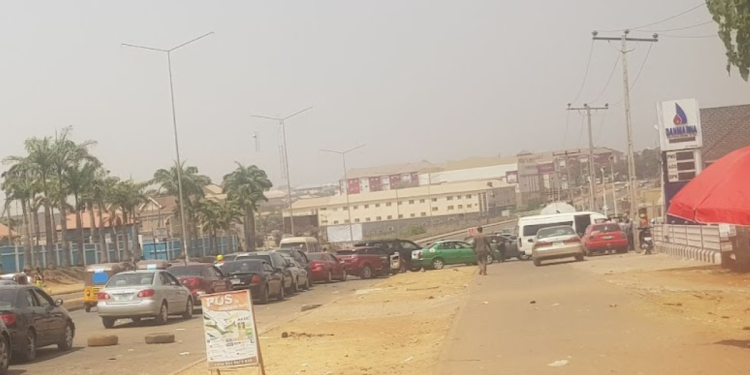
For weeks (in some places for months), there has been a scarcity of petrol across the country. The scarcity has heralded long queues at filling stations, and many stations are selling at prices that are way higher than the official pump price per litre. In many parts of the country, petrol is sold for as high as N250 per litre as opposed to the official rate of N165.
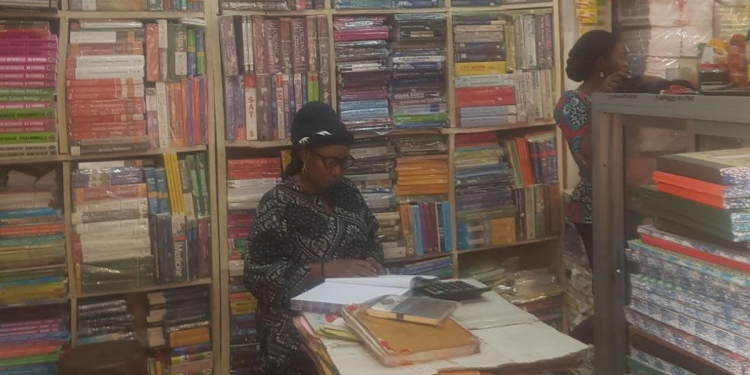
“Whether you make sales or not, you will pay money daily for electricity,” a trader told Dataphyte, revealing that he and his boss (the owner of the business), depending on the business thriving and a lower cost of running the business to live daily.
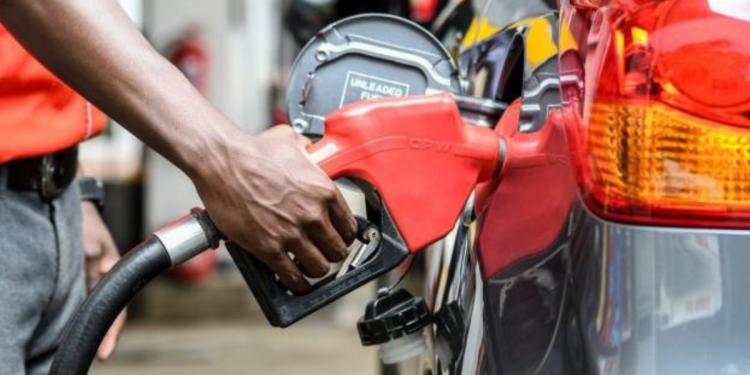
A report by the Nigeria Extractive Industries Transparency Initiative (NEITI) revealed that the amount spent by the country on subsidies between 2005 and 2021, would have constructed three refineries with the capacity to refine 450,000 barrels of crude per day each.
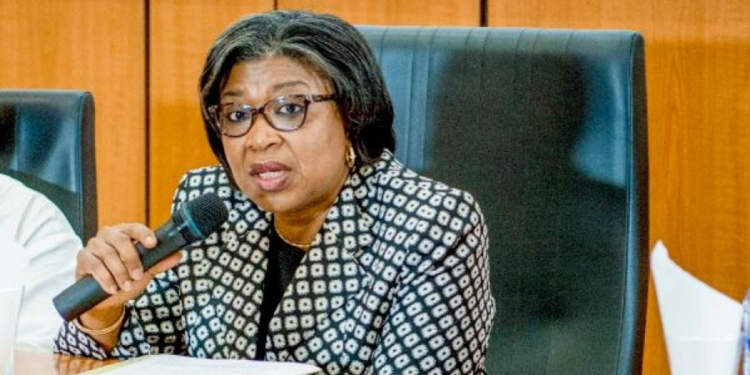
The Debt Management Office, in a press statement, noted that Nigeria’s debt profile could reach N77 trillion by May 2023. The agency pointed out that this is due to the addition of Ways and Means (loans sourced from the Central Bank of Nigeria) totaling N22.72 trillion.
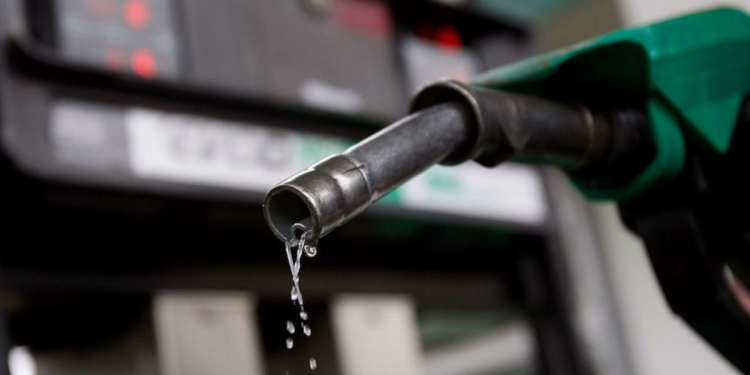
In the year 2000, the then Nigerian President, Olusegun Obasanjo, attempted to remove fuel subsidies. His administration argued that it cost the government $2 billion to subsidise the price annually.
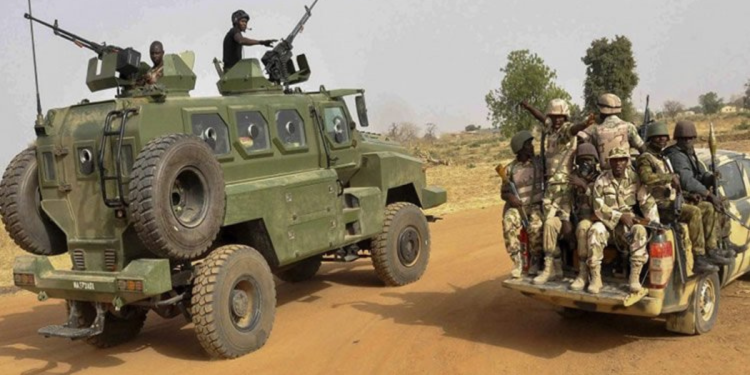
Nigeria’s defence budget has risen by 134.80 per cent in five years, a review of the budget documents of the ministry of defence has revealed.

When a woman is in labour, what is the first thing that comes to mind? Probably grabbing the already packed hospital bag and ensuring the woman gets to the hospital on time. Not so for residents of some communities in Osun State, South West Nigeria. When a pregnant woman is in labour, the first point of call for residents of these communities is the local water vendor, commonly called “meruwa”.
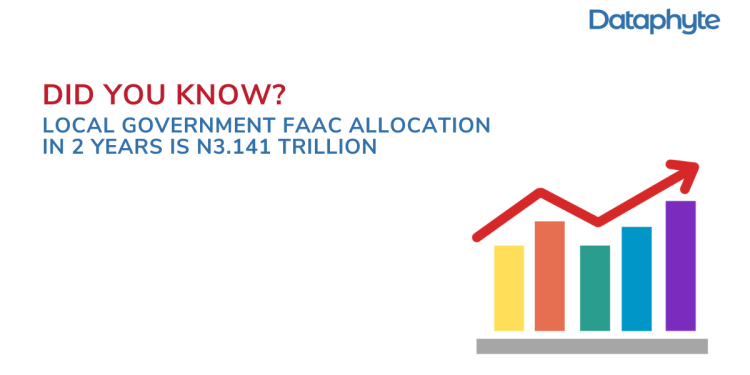
On Friday, December 2, it was widely reported that the Nigerian president accused state governors of pocketing local government funds.
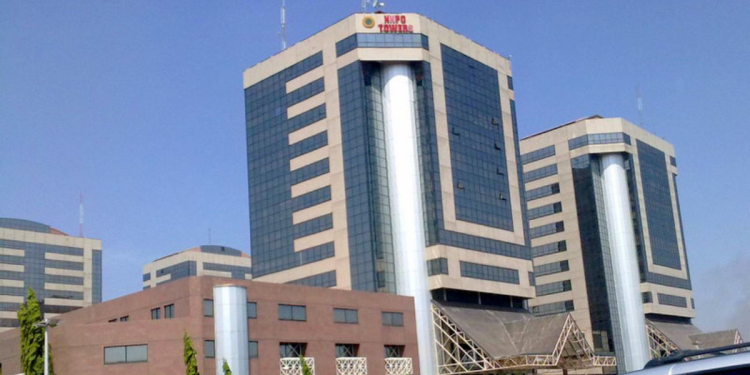
The state-owned oil and gas company, NNPC Limited, spent a whooping N5.3 trillion of its profit to subsidise petrol between 2017 and 2022.
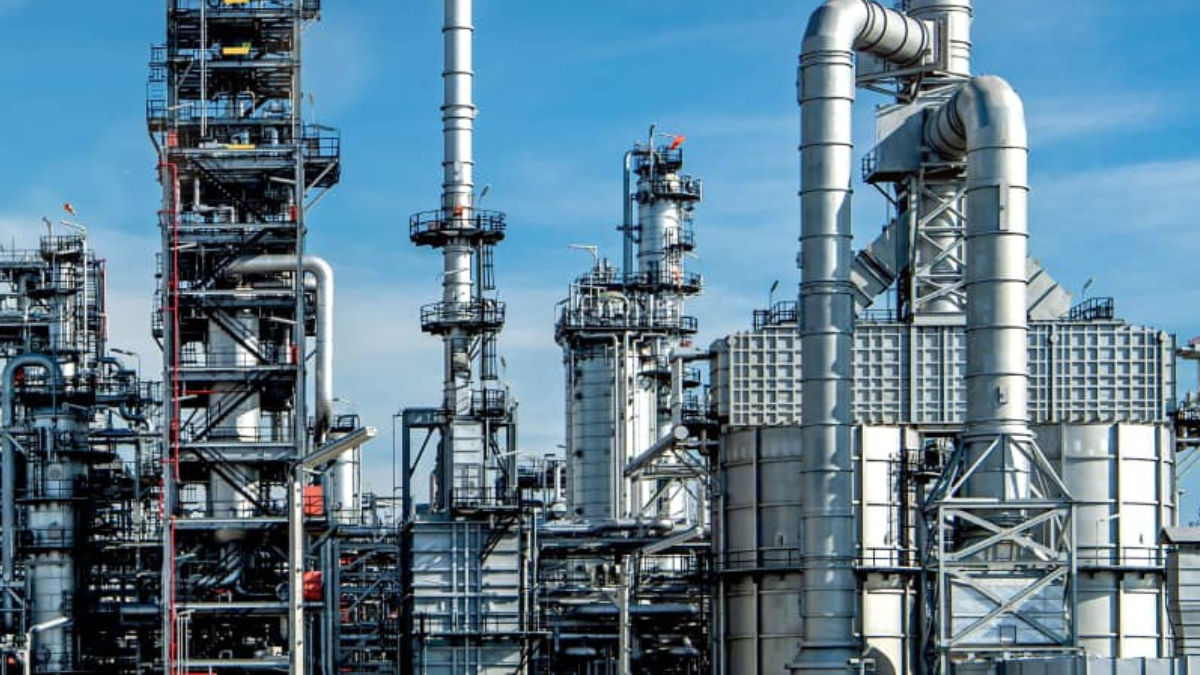
Nigeria’s Gas sector master plan and policy are an effort to further maximise Nigeria’s gas potential and also ensure better commercialisation of the sector.